When children have frequent headaches, families can give them gentle massages or take them to see a doctor for acupuncture and learn to relax through guided imagery.
Massage
Massage can be helpful when your child has daily headaches. This can be combined with a healthy diet, regular exercise to control stress, and avoiding other factors that cause headaches in children. Massage has few side effects, but families should consult a doctor before using it.
Acupuncture
Acupuncture may also be beneficial for children with headaches. This method uses thin needles to penetrate the skin, releasing endorphins, the body's natural painkillers. Acupuncture treatments are usually given once or twice a week for four to six weeks. Complications from the needle insertion may include minor bleeding and bruising, and infection is rare.
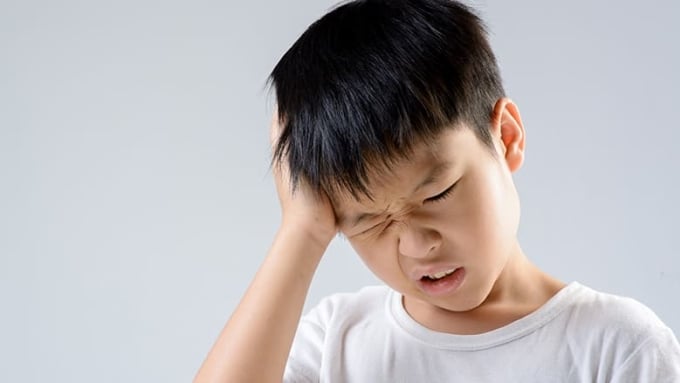
Children with headaches can be treated with massage or medical intervention. Photo: Children's Hospital of Philadelphia
Biofeedback
Biofeedback is a non-drug treatment that helps children learn to control their pain. It is also a widely used treatment for migraines. For example, a biofeedback device can show a child if they have tension in their neck muscles, which causes headaches. By observing how these measurements change, the child learns when their body is tense and learns to relax. Biofeedback is available in clinics and hospitals, is safe to use, and has no side effects.
Guided Imagination
Guided imagery, self-hypnosis, or relaxation techniques may be helpful in preventing headaches in children. Children are often good at this technique because they use their imagination to relax. Families should take their children to a pediatrician who specializes in this technique.
In addition to the above measures, families should give their children adequate nutrition, increasing the content of some of the following substances to prevent or reduce headaches. All dietary supplements should be consulted with a pediatrician before being applied.
Vitamin B2 (riboflavin) : Riboflavin is a B vitamin that may reduce the number of headaches. Rare side effects may include diarrhea, increased urination, and discolored urine.
Magnesium: Magnesium supplements may also help reduce the number of headaches. Teens who suffer from migraines may have lower magnesium levels than those who do not. Magnesium supplements can cause diarrhea and interact with some medications.
Coenzyme Q10 (CoQ10): This is an antioxidant found in every cell of the body. However, 1/3 of children with migraines are deficient in this substance. It is available as a daily supplement. Rare and mild side effects include nausea, vomiting, diarrhea, loss of appetite, and heartburn.
Chile (According to Healthy Children )
Source link








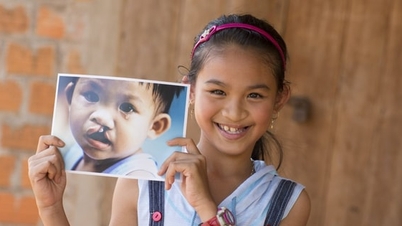





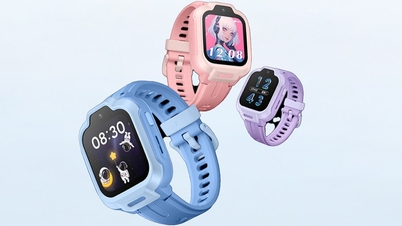





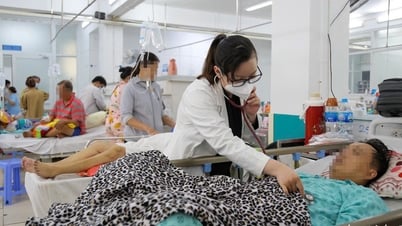
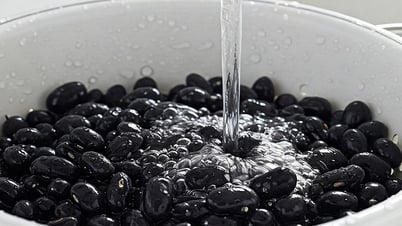


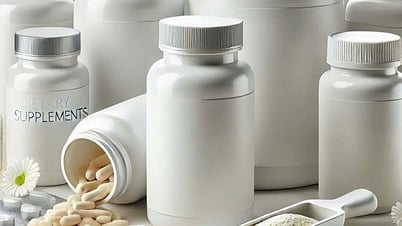
































































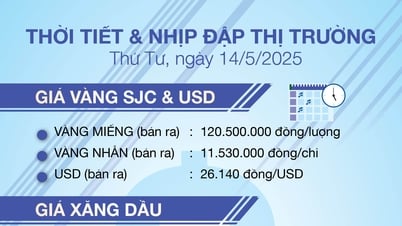

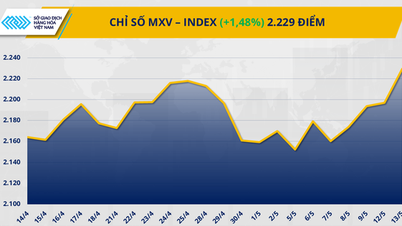











Comment (0)